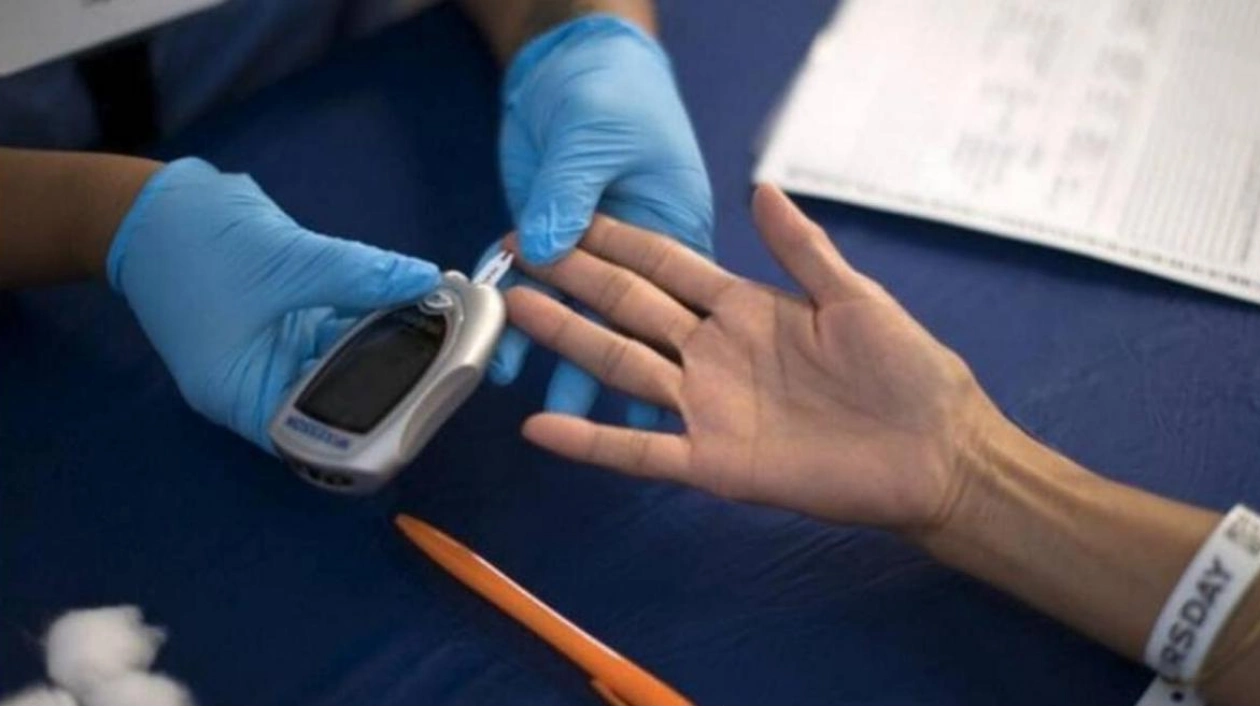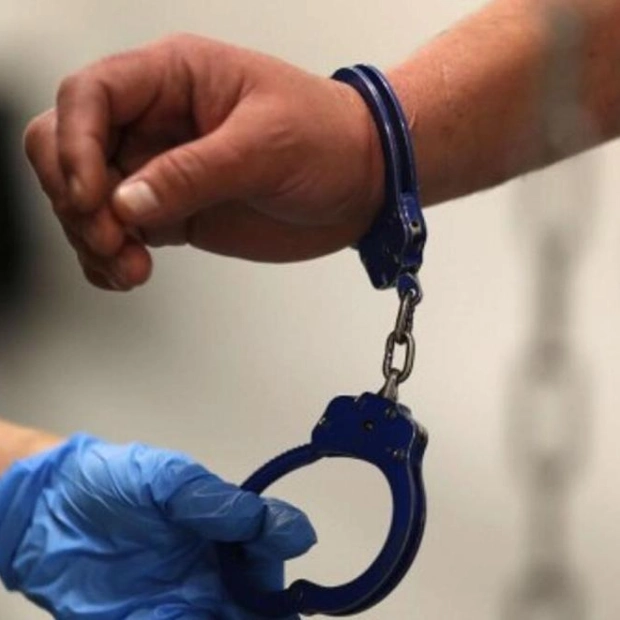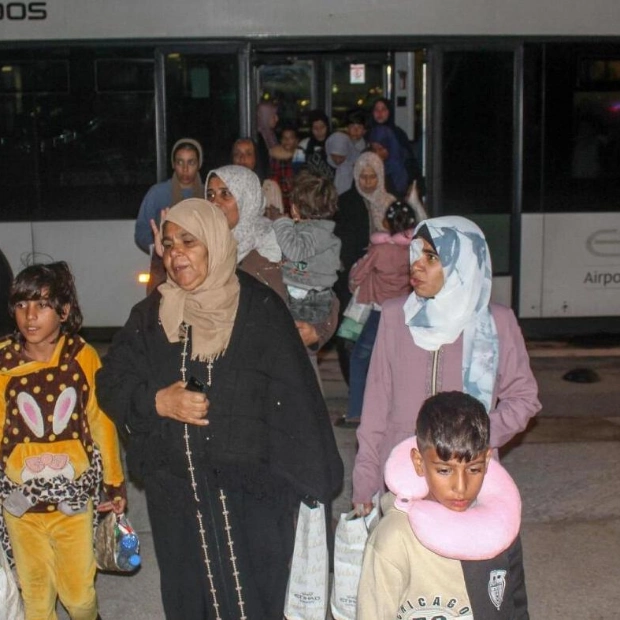According to data from the Ministry of Health and Prevention (MoHAP) and private healthcare partners, 67 percent of UAE residents aged 36 to 60 are pre-diabetic. This revelation came at the end of a nationwide diabetes screening campaign. The campaign also found that 24 percent of residents aged 18 to 35 and 9 percent of those over 60 are pre-diabetic. Notably, 64 percent of those diagnosed as pre-diabetic were not overweight, suggesting that physical fitness does not guarantee protection against the condition.
"We initiated this campaign to protect the health of UAE residents. It's not just about screening; it's about ongoing follow-ups and lifestyle guidance," stated Dr. Buthaina Bin Belaila, head of the Non-Communicable Diseases and Mental Health Department. "Our aim is for all health entities to adopt this program for individuals aged 18 and above. Diabetes is reversible, and we strive to prevent it through early screenings, even for those under 30," added Dr. Belaila.
The data on pre-diabetes prevalence in the UAE was presented during a special event at Zabeel Park, with a drone show against the backdrop of the Dubai Frame. The extensive screening campaign, initially targeting 5,000 people over 100 days in October 2023, exceeded expectations by screening 12,877 individuals. This success led to a goal of screening 100,000 residents within a year, which was surpassed with over 150,000 screenings.
The ministry employed HbA1c tests to determine pre-diabetes status. Those at risk received lifestyle advice and were retested after three months. Follow-up tests were conducted every six months. Data after three months showed that 31.7 percent reverted to normal blood sugar levels, while 64.6 percent remained pre-diabetic, and 3.7 percent progressed to diabetes. After six months, 37.5 percent reversed their pre-diabetic condition, 59 percent remained pre-diabetic, and 3.5 percent developed diabetes.
"The fact that many reverted to a normal state after being identified as pre-diabetic demonstrates that diabetes can be reversed and prevented," said Dr. Belaila. Dr. Amin Hussein Al Amiri, assistant undersecretary for the Health Regulation Sector at MoHAP, praised the collaborative effort, stating, "It’s an honor to celebrate this exceptional achievement in the UAE’s healthcare sector. Thanks to our leadership and partners, we have conducted over 150,000 tests in one year."
The screening program adopted a holistic approach, providing immediate diagnostic results, lifestyle advice, and clinical interventions. "We didn’t just conduct simple fingerprint tests," said Sarrah Barakat, Government and Public Affairs Director at Merck Gulf. "Those who followed the advice showed significant improvement, with many reverting to normal blood sugar levels. Follow-up tests kept people motivated and on track." As the UAE continues its fight against diabetes, officials encourage residents, especially younger adults, to undergo early screening and take proactive measures to prevent the disease.
Source link: https://www.khaleejtimes.com






